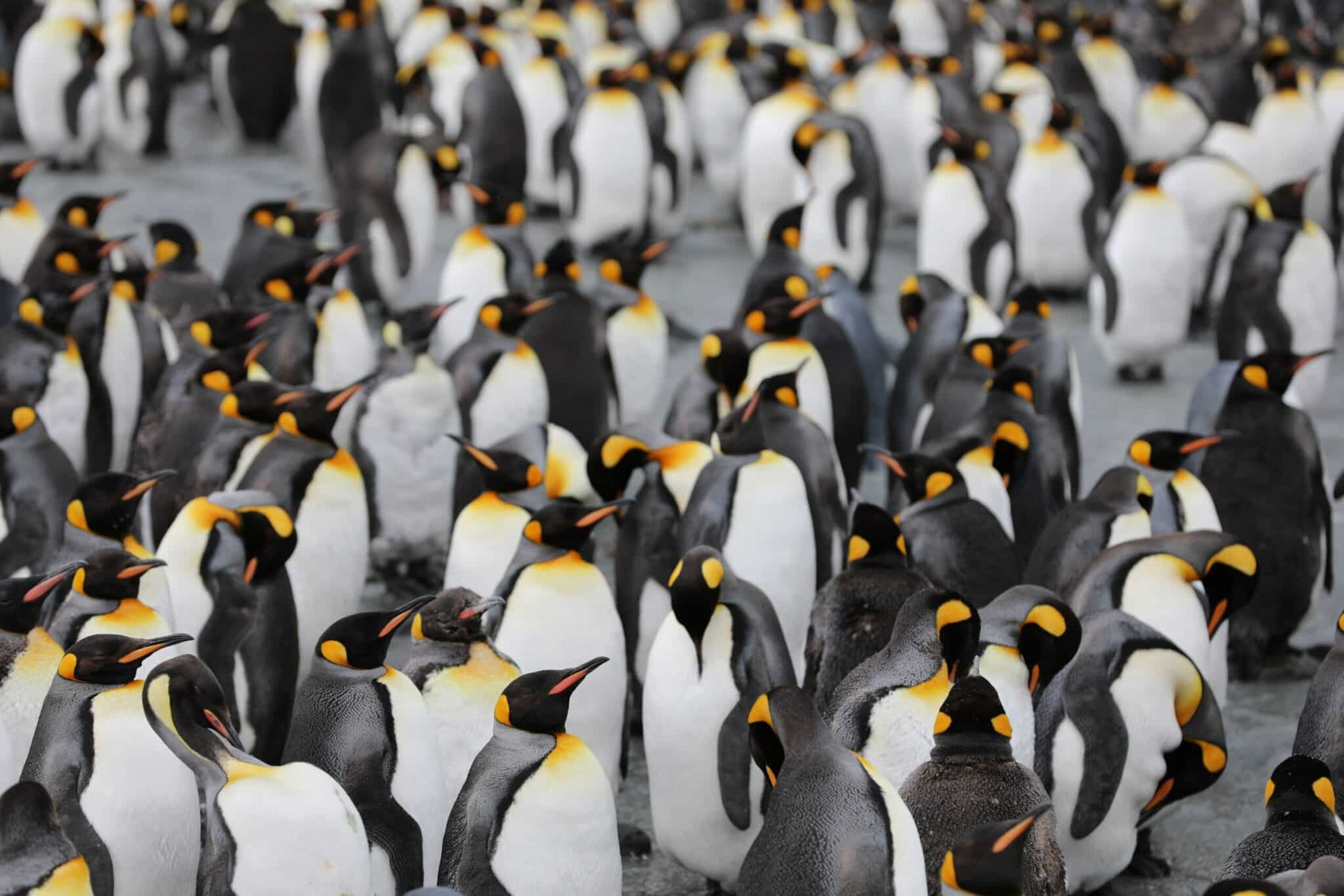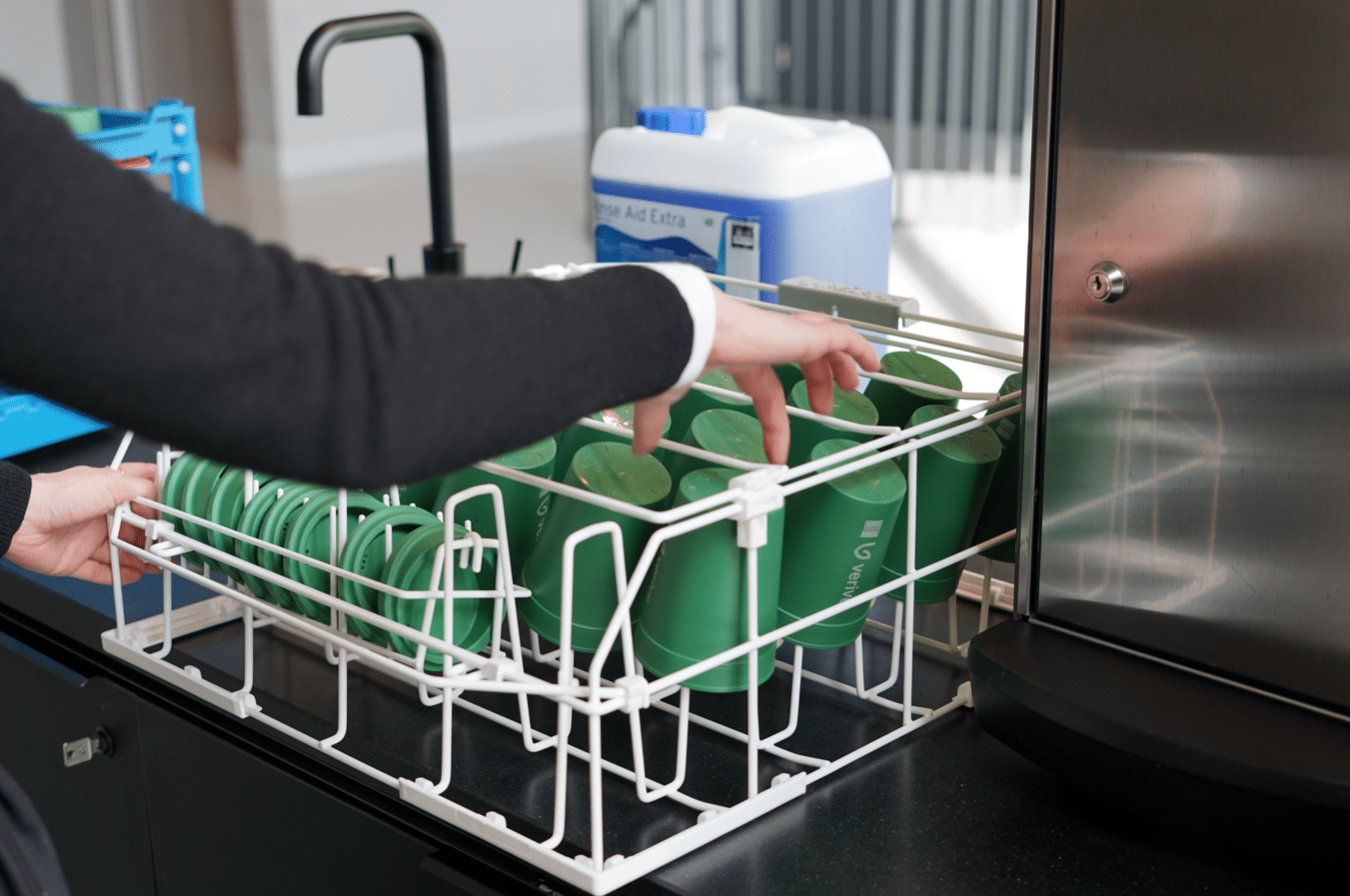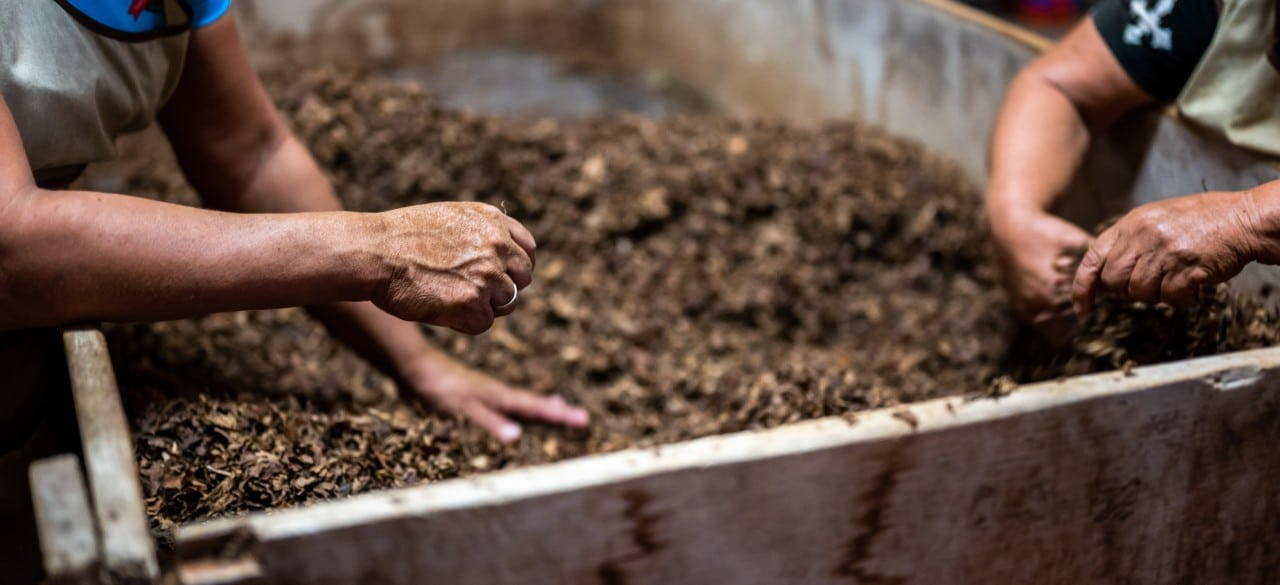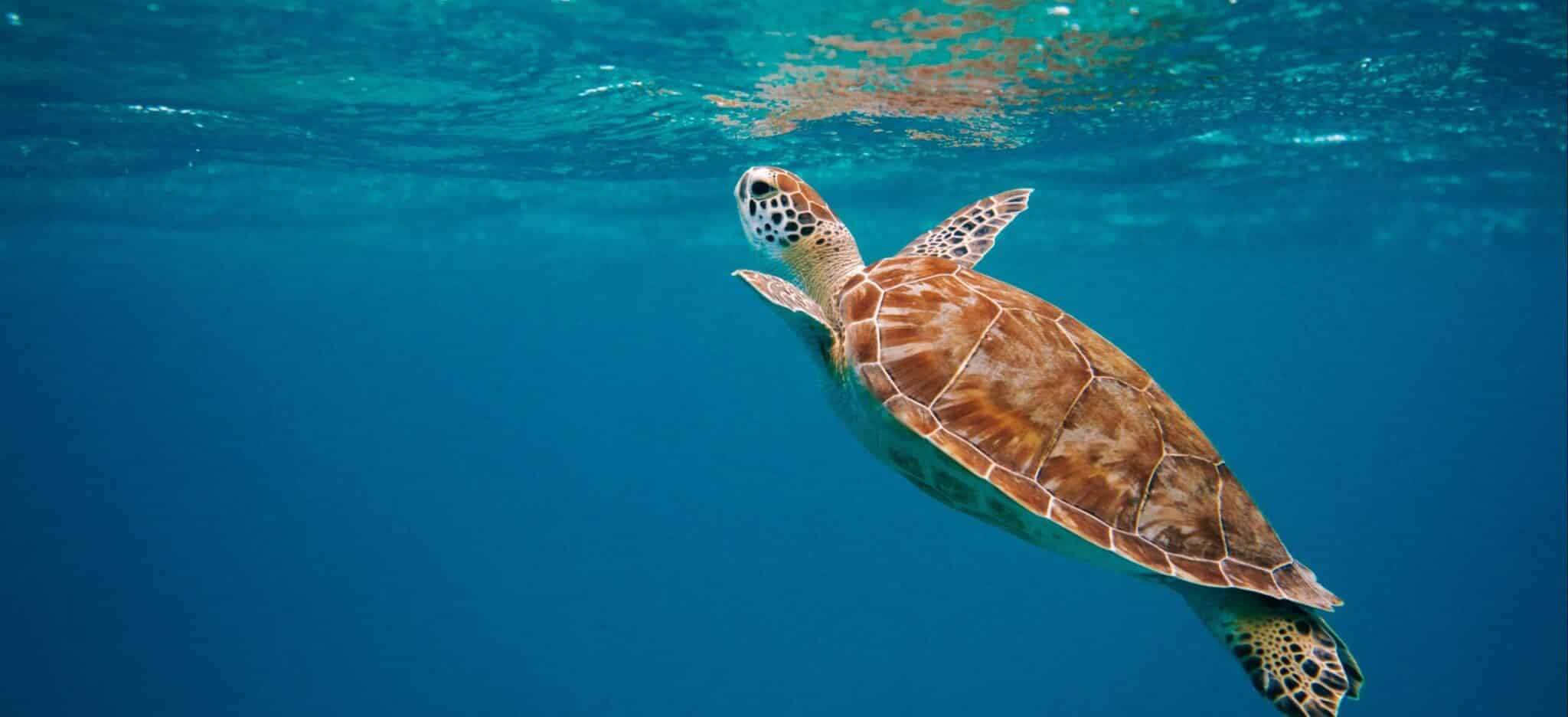About this article
Why David Attenborough’s most recent documentary is his most striking, grim and ambitious and why we can’t ignore the message he is sending.
“This is my witness statement… A story of global decline during a single lifetime.” So David Attenborough’s describes his latest documentary, A Life on Our Planet. An autobiography of his life and career, it is by turns nostalgic and dazzling, yet disturbing. It is the story of, as Attenborough describes it himself, an “extraordinary life”; but it is also a heartfelt and urgent warning.
We must change if we want to keep our planet liveable. Read more about the documentary and what you can do to be part of the solution.
A lifetime of change
As we rattle through Attenborough’s childhood and most celebrated works, the beauty and joy that characterises his documentaries is juxtaposed with anxiety-inducing truths. While black and white footage turns first to grainy colour, then the dazzling high-res of Blue Planet and Planet Earth, so the worrying stats stack up on our screens. During Attenborough’s 93 years, atmospheric carbon has risen from 280 to 415 parts per million, while the remaining wilderness has seen a devastating drop from 66% to just 35%.

Looking back to look ahead
Attenborough looks back on his life, we soon discover, as a means to look ahead. Using the timeline of his career, Attenborough creates a window into one much longer: a timeline that incorporates all life on earth, stretching back millennia and reaching forward, assertively and optimistically, into the future. The fossils he hunted as a boy lead us to the geological strata that show humans’ impact on the very fabric of the earth, and we are shown ourselves in the context of deep time. Once we catch up to the present day, Attenborough casts our eyes forward – first to an apocalyptic path that sees much of the planet uninhabitable by the 2100s; then, to an alternative, life-supporting, and altogether possible route.
This is not about saving our planet, this is about saving ourselves.
We breathe a sigh of relief as Attenborough spotlights some of the solutions already in place around the world. The Costa Rican government, he explains, has doubled the country’s forest cover in just 25 years. Morocco has moved from dependence on fossil fuels to building the world’s largest solar farm. In the Pacific Island nation of Palau, ‘no fish’ zones have allowed reefs to recover, while increasing the catch of local fishermen. We are encouraged to see today’s solutions as just the start: the stakes are high, which means so, too, is the bar for success. “Imagine if…”, Attenborough repeats, as he describes those who are paving the way; “just imagine if we achieve this on a global scale.”

Take action
It is a documentary that spans more widely than any of his previous work: from the scientific to the political, the rational to the emotional, the deep past to the possible future. It is broader, too, in its ambition: to spark the collective imagination and, ultimately, inspire action. And it reaches out further, beyond the avid nature-lovers that typically define Attenborough’s audience. We are not expected to love nature for its own sake, but are reminded that, “if we take care of nature, nature will take care of us”. The solutions that support nature are also more affordable, more enjoyable, and safer for us to use.
Attenborough is sending a bold and important message to anyone with the resources and opportunities to make change. “This is not about saving our planet,” he says. “It’s about saving ourselves”.
‘A Life on Our Planet’ calls on all of us – including businesses – to play our part in creating a healthier future for all life on earth. Is your organisation ready to take action? If so, we are here to support you in finding food packaging and tableware that maximise your organisation’s sustainability. This way your company can be a part of the solution.
Like the sound of that? Get in touch with our team to find out more. Together we can future-proof our planet.








